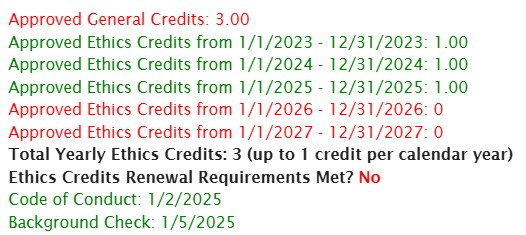Certified languages are those in which interpreters go through conventional modalities of testing. The written and oral test instruments cover both English and a second language (target language). Those who meet the minimum proficiency requirements are issued a certificate.
Due to resource restrictions, it is not feasible to develop language-specific test instruments for each and every language in such a linguistically diverse state as Washington. Therefore, a screening test was developed for all non-certified or screened languages. Interpreters in screened languages go through a totally different modality of testing. Unlike the certified languages, the written screening test is not language specific. The oral screening test utilizes the target language spoken by the interpreter to test his or her linguistic and interpreting skills. This includes any language, even any dialects within a language. Since the scope of the screening test is not as comprehensive as a conventional certified test, those who meet the minimum proficiency requirements are issued an authorization letter in lieu of a certificate.
Currently, no translator test is available for screened languages.

